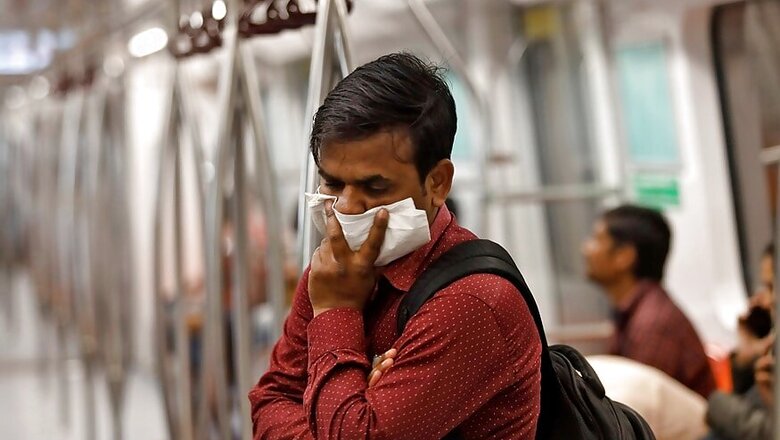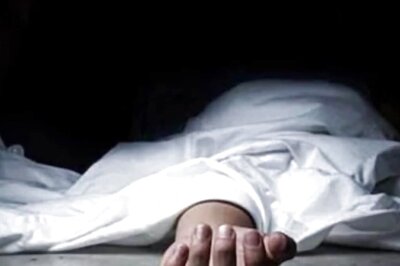
views
New Delhi: The Indian Council of Medical Research (ICMR) on Tuesday decided to rope in 51 private laboratories to conduct tests for the novel coronavirus, days after it said the country's lab capacity to test for the infectious disease was underutilised. So far, Covid-19 has claimed over 7,000 lives across the globe, including three deaths in India.
The apex health research body of India has also installed two rapid testing systems, known as high throughput diagnostic systems, at the Regional Medical Research Centre in Odisha's Bhubaneshwar and at the National Institute of Biologicals in Noida in Uttar Pradesh. Top government sources said these systems have been sourced from Swiss pharmaceutical giant Roche and are capable of performing tests on 1,400 samples per day. There is a possibility of such systems being installed at 10 locations across the country.
So far, India has tested 11,500 samples. The ICMR's network of labs, including the Pune-based National Institute of Virology, can test up to 8,000 samples per day.
Meanwhile, the government is also scaling up its own testing capacity to 121 labs across the country by the end of this week. This includes 72 labs that are currently operational under the ICMR network and 49 engaged with the Council of Scientific and Industrial Research, Defence Research and Development Organisation, Department of Biotechnology, and those at government medical colleges.
When asked about the government's change in stance on roping in private players, ICMR Director General Balram Bhargava said, “We were approached by a lot of private players that they would like to commit for the country and help out, so we have appreciated that and requested them. Also, at the present moment, the labs that we have are not fully utilised and I reiterate, we have them working and we are scaling them up rapidly.”
“We have strongly appealed for the labs to offer the diagnosis free of cost. However, it is an appeal and not binding on them. As soon as they come forward after procuring the components for the kits, it (the cost) can be discussed with the government. Many have assured that they will be able to give it for free,” he said.
The ICMR also released a set of guidelines and standard operation procedure for private labs who may be engaged in testing for Covid-19. These labs can only diagnose those who bear a prescription from a qualified physician. They are required to follow biosafety precautions while conducting the tests and have to keep the state authorities and Integrated Disease Surveillance Programme informed in case a patient tests positive for coronavirus.
Elaborating on the resources available for testing, Bhargava said there is enough supply of reagents and primers -- two essential components required for the real-time polymerase chain reaction that makes copies of DNA of the virus. “As far as stockpile of reagents is concerned, we have unlimited reagents and primers. But for probes we have placed an order, for a million of them and also requested WHO to provide over a million probes,” he said.
The ICMR has also revised the testing criteria for COVID-19 under which an individual who had come in direct close physical contact of laboratory-confirmed positive case, has a history of travel in last 14 days to high risk COVID-19 affected countries and develops symptoms like fever, cough and difficulty in breathing should immediately contact the health ministry's helpline for testing.
"In addition to these conditions, if a healthcare worker managing respiratory distress/severe acute respiratory illness shows symptoms of acute respiratory illness they should get a laboratory test for COVID-19. If these cases are tested positive, then they should be isolated and treated as per the standard protocols," Bhargava said.
He said the ICMR is regularly monitoring for community transmissions. "Our labs are looking at random samples of patients who suffer from influenza-like illnesses/severe acute," he said, adding so far 500 samples have been tested and they have come out negative.


















Comments
0 comment